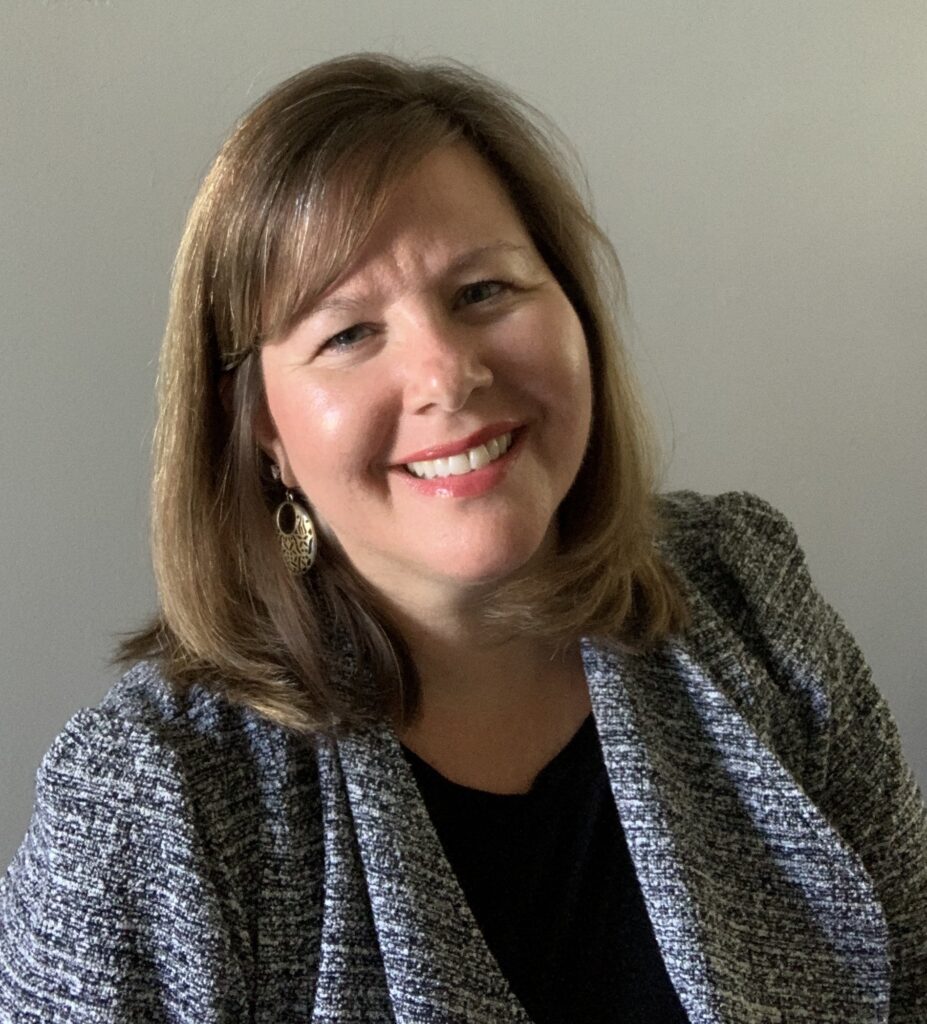The Importance of Interpreters
COVID-19 and protests across the nation have put public officials in the spotlight and often have also put the spotlight on the sign language interpreters at the sides of those public officials.
For Linda Vander Leek, an interpreter services specialist at Deaf and Hard of Hearing Services, it’s been great to be able to talk to people about why interpreters are necessary and why and how they do what they do.
“For Deaf people to have equal access to important information in a crisis situation like that of COVID-19 is critical,” she said.
But she also knows that often, in everyday life, Deaf struggle to get the equal access to communication that hearing people take for granted. And she and Deaf and Hard of Hearing Services want to see that change.
She recalled a situation this past spring when an interpreter arrived at a job and the client expressed how much they appreciated that the interpreter was there.
“It struck the interpreter,” Vander Leek said, “how unfortunate it was that interpreters are too often not seen as an integral part of the team by medical personnel. The Deaf should never need to wonder if an interpreter will be there or not.”
Michele Bornert has had to wonder that. And she said it is no good.
“I use interpreters all the time for medical appointments,” she said. “They are readily available, and I don’t have to be afraid to ask for interpreters.”
But, she added, there have been times when doctors instead relied on her husband to interpret. “My husband is usually present, but not a licensed interpreter,” she said. “It’s difficult because my husband cannot sign as fast as they speak.”
A Belleville, Illinois, native, Bornert was born Deaf in one ear and then became fully Deaf in her late 20s. She has learned American Sign Language (ASL), and her family has learned it too, something that doesn’t always happen for Deaf folks.
At one time, she said, she dealt with a lot of people who thought that “Deaf people need to be fixed.” Thankfully, she said, things are improving. “Lately, it’s been better,” she said. “People are more receptive to sign language whereas 20 years ago they weren’t. People aren’t as scared of me as they were 20 years ago.”
People being scared of the Deaf breaks Erica Allen’s heart.
A licensed interpreter, she said her first exposure to the Deaf community and American Sign Language was in high school when she babysat for a boy who was Deaf and decided to learn sign to be able to communicate with him.
“I started taking classes and fell in love with the Deaf community and their language,” she said.
She now has been working as an interpreter for two decades, including as a staff interpreter in a high school setting, then freelance and community work and most recently legal and court interpreting.
“To be trusted by the Deaf community to provide communication access for their everyday needs is overwhelming,” she said. “I love interpreting. It’s challenging and different everyday and interesting and humbling.”
Allen said her biggest frustrations usually come from hearing consumers who, due to having no exposure to anyone Deaf, discriminate against or are ignorant of the challenges to equal access that the Deaf community faces daily.
“Of course, not all hearing people discriminate against the Deaf community,” she said, “but when it does happen, it’s frustrating to see, but also provides a great opportunity for all parties involved to learn and grow.”


